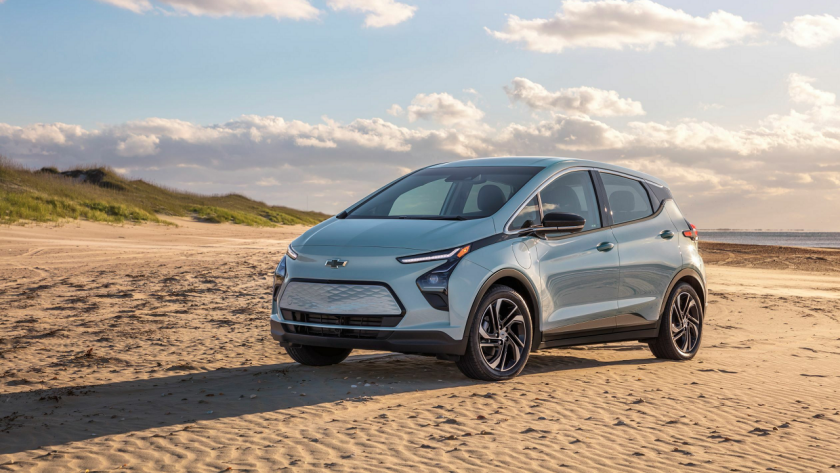EV vs Hybrid: EVs are all the rage, and it’s easy to see why. Electric vehicles allow you to escape excessive petrol prices while also feeling good about not negatively harming the environment, and they are usually sleek, elegant, and speedy. However, purchasing an EV in 2023 is not for everyone. After all, while charging stations are becoming more widespread, they are still not as ubiquitous as they could be — and depending on your automobile, they aren’t always that fast.
EV vs Hybrid
If you’re concerned about these difficulties, consider a plug-in hybrid (also known as a plug-in hybrid electric vehicle or PHEV). These are vehicles that provide the best of both worlds: For quick, clean travels around town, there’s a battery and electric motor, plus a petrol engine for longer road trips.
You can use the car in electric-only mode for short trips and convert to a gasoline-powered engine when you need extra range. In theory, you could forgo using the petrol engine almost entirely. You could, for example, use the car as an EV to commute to and from work, to get around town, and to acquire groceries.
EV vs Hybrid
Then, when you drive out of town or on longer travels, you may use the gas engine instead of charging, saving you the five minutes it takes to fill up a gas tank.

You don’t even need to consider it if you don’t want to. You may programme the car to decide what to use and when. This will help you to get a little more power out of your automobile while also saving money on petrol. Your automobile, like any other hybrid, will charge the battery as you drive, significantly reducing petrol use.
EV vs Hybrid
Of course, there are a few things to think about before purchasing a PHEV. For starters, they are only practical for owners who have access to a charging station at home or at work. This is due to the fact that the batteries in PHEVs are substantially smaller than those in full electric vehicles. The range is less than that of a full EV.
In the long race of EV vs Hybrid, EVs will emerge out as the clear winners as the EV charging infrastructure and ecosystem keeps improving, but for now in 2023, Hybrid is clearly ahead.
Also Read:
- Hyundai Motors planning to start using Tesla’s NACS EV chargers
- Foxconn is making India its second home of Manufacturing